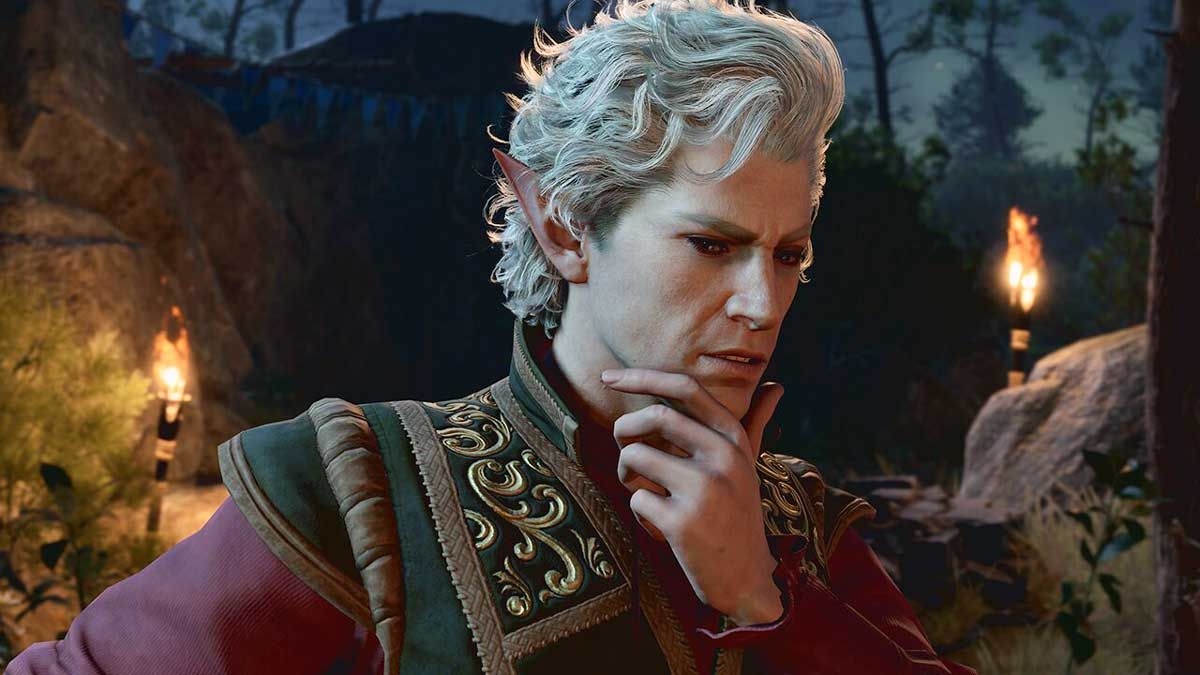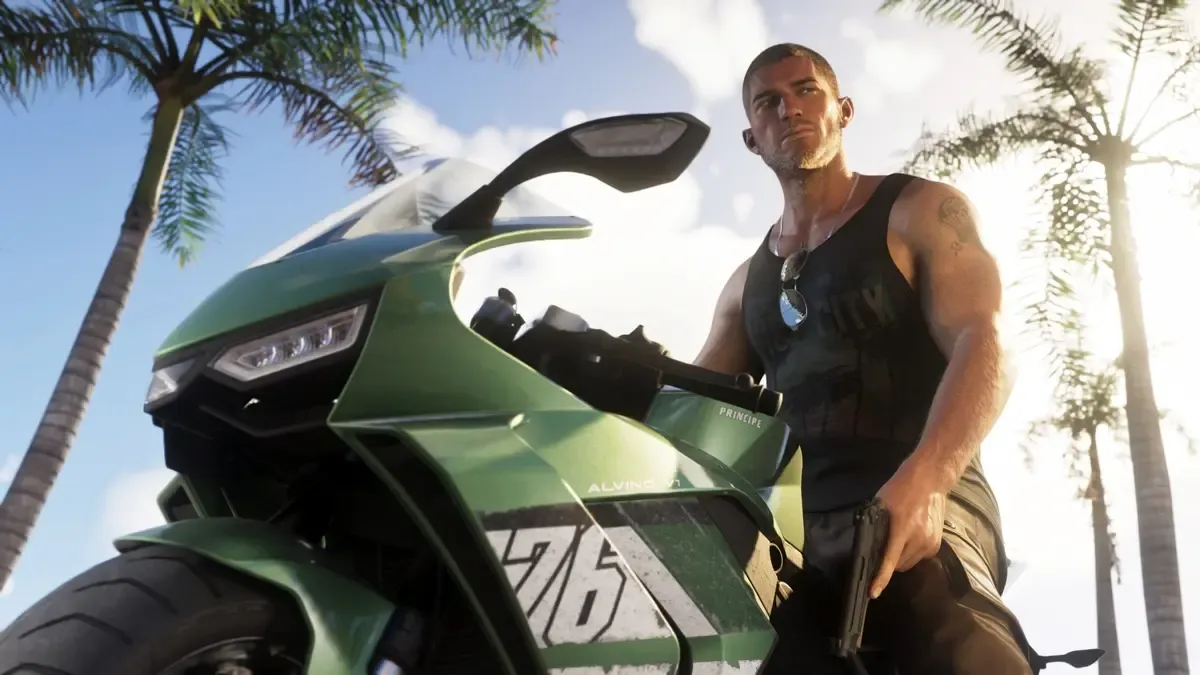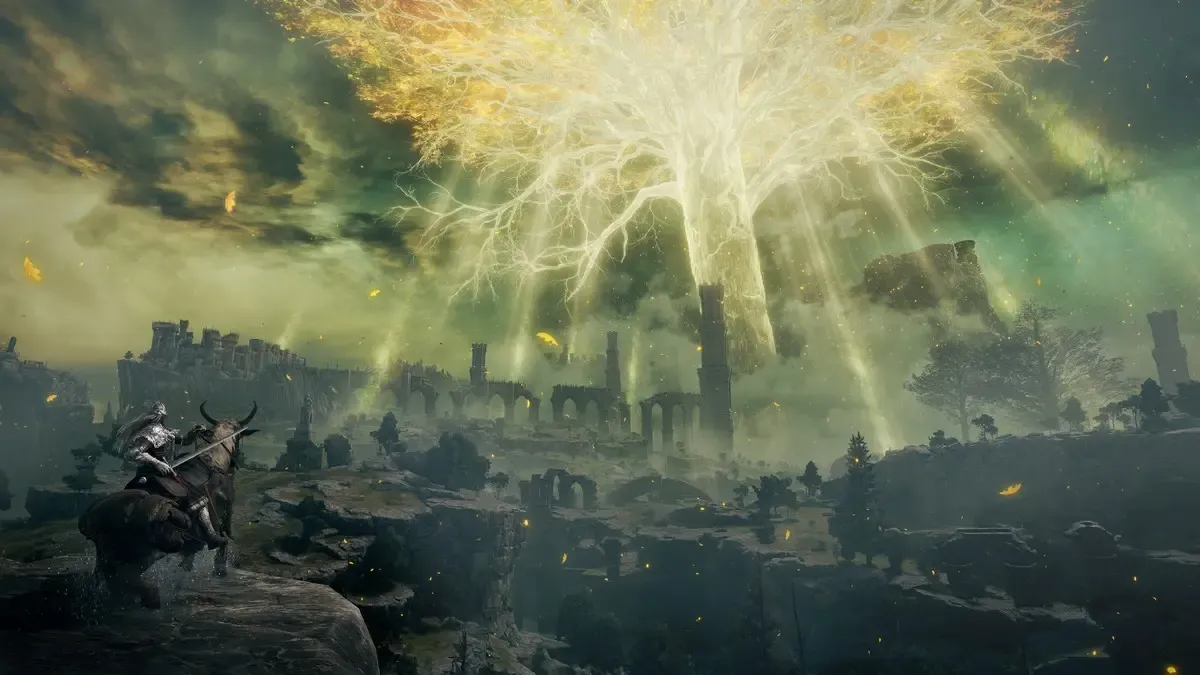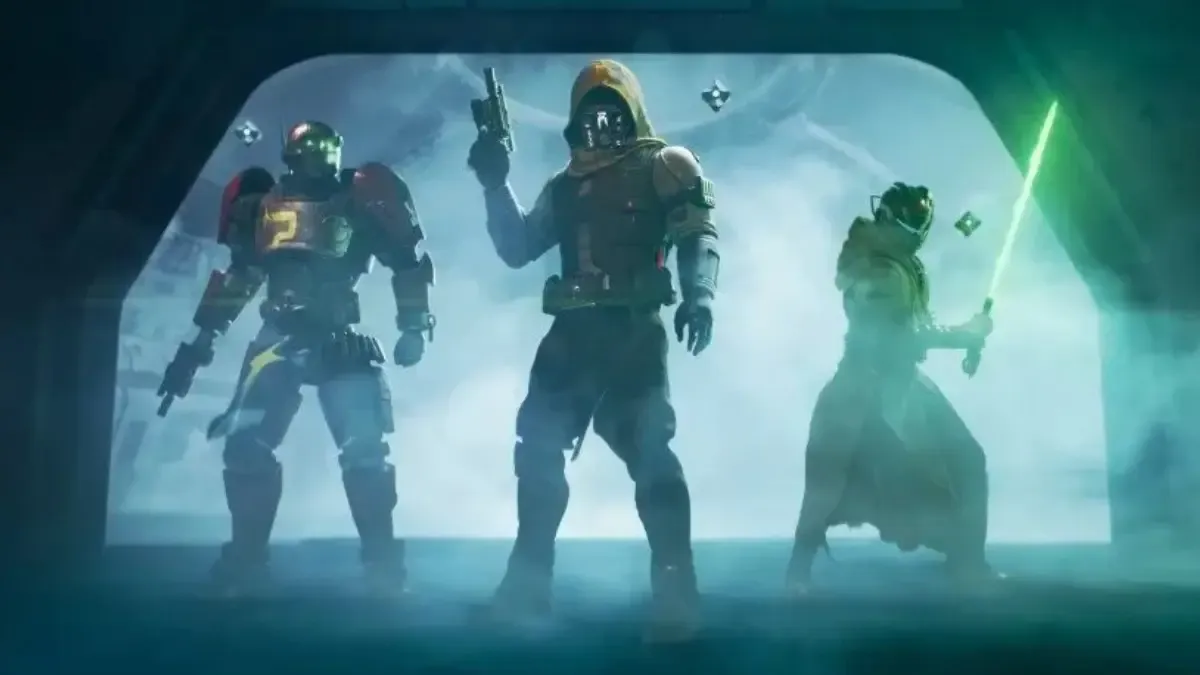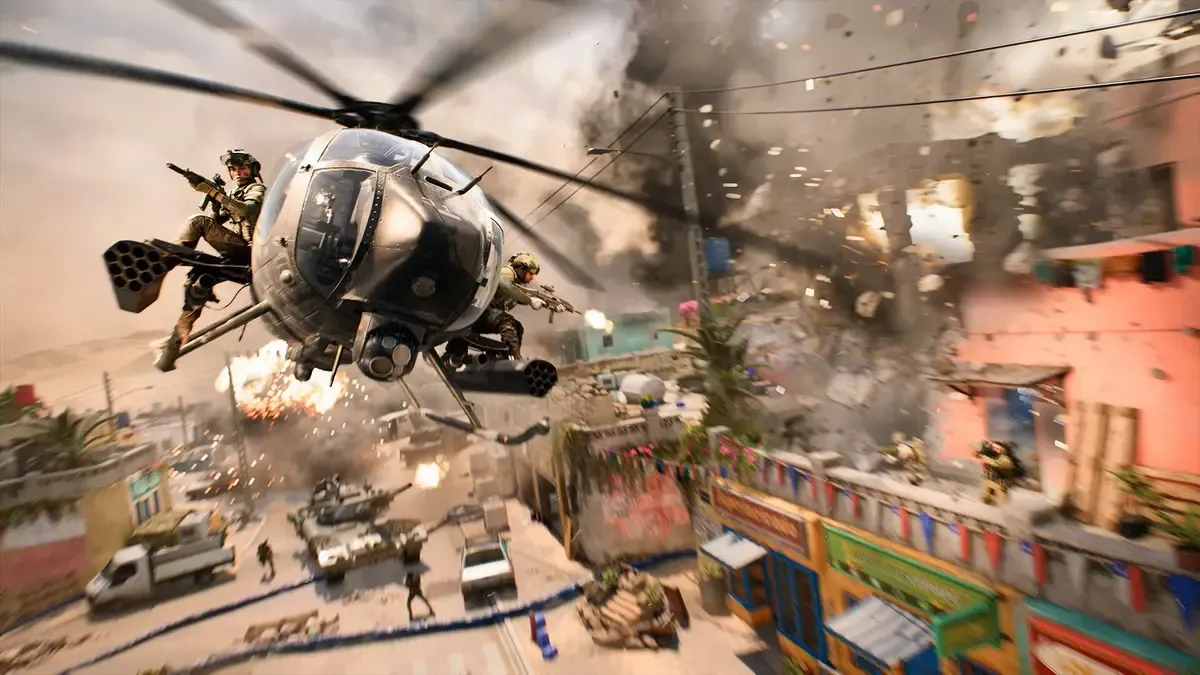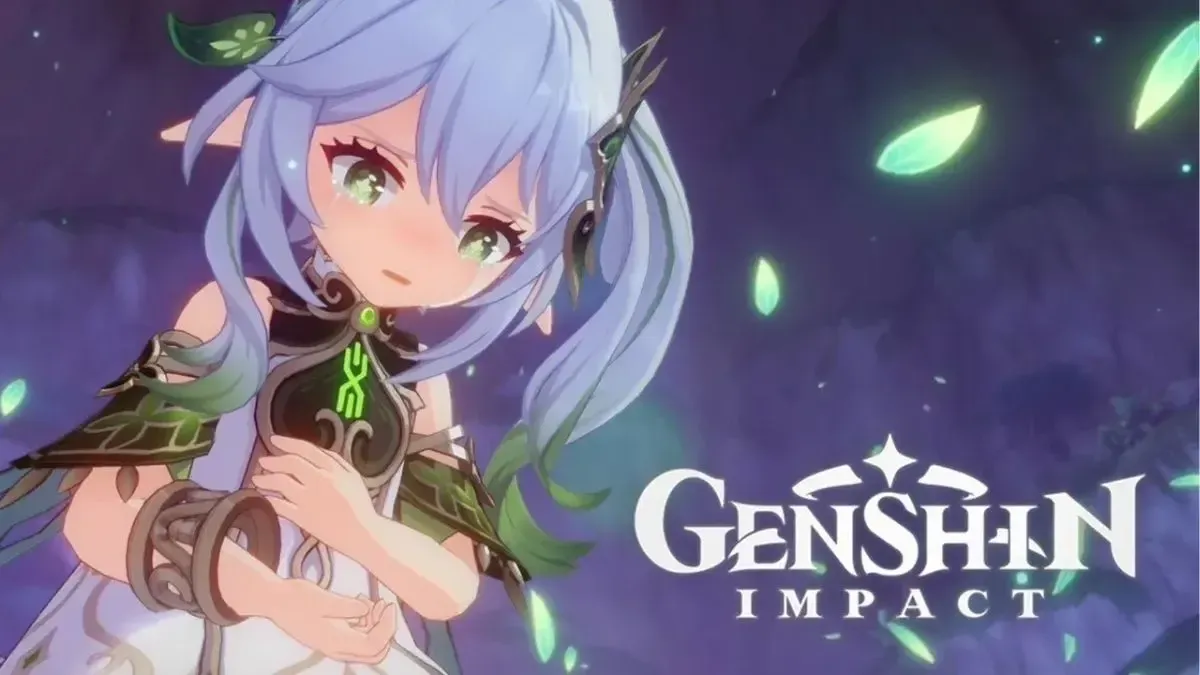Image: Larian Studios
Baldur’s Gate 3 is well worth playing on the PS5 despite a few occasionally frustrating issues.
After a month-long wait, Baldur’s Gate 3 is finally in the hands of console users following its PC launch in August. Developer Larian Studios has put out a fantastic port for the PlayStation 5 that doesn’t skimp on performance or visual detail to bring its immersive Dungeons & Dragons-inspired world to life - though that doesn’t make it a perfect port by any means. Getting to the game’s hundred-hour deep third act is no mean feat, but PC players have reported that it’s rife with bugs and technical issues. How does the game fare on consoles, then?
I chose to wait and play Baldur’s Gate 3 on PlayStation 5, and while I haven’t touched the game’s third act yet (the completionist in me won’t allow it) I can at least confirm that these widely-reported bugs are not contained to lategame content. On consoles, players have to wade through numerous bugs and issues throughout the campaign, but these problems never seem insurmountable thanks to the colourful variety of options available to complete quests and manipulate encounters.
These bugs are not a dealbreaker for console players like myself, thankfully. It's easy to get frustrated at these problems, but even easier to look past all of it when I have already fallen in love with the views, the characters and the stories I have met and claimed as my own.
Technical difficulties
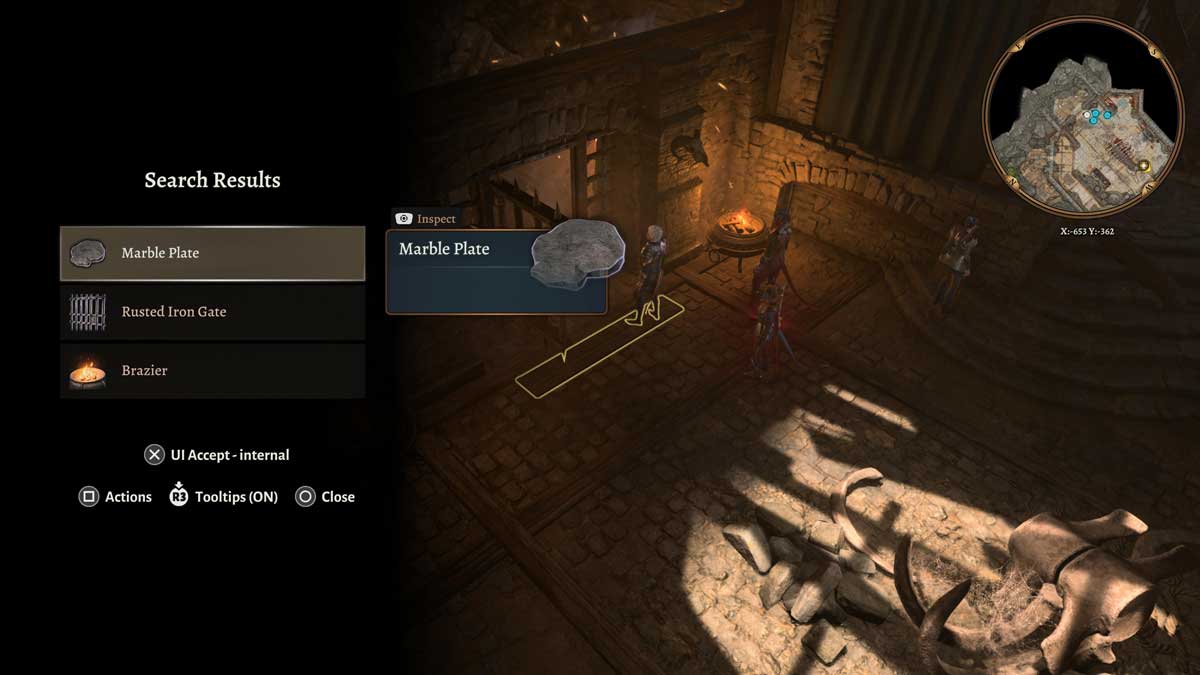
Let me preface this by saying that I don’t believe that Baldur’s Gate 3 is a bad game at all. In the colourful and chaotic world of videogames, we’ve come to synonymise ‘buggy games’ with ‘bad games’, but it really all depends on how big these problems are and how much they get to you. This section is about all the little problems and annoyances that have cropped up in my playtime thus far, which have been hard to ignore but ultimately easy for me to forgive. You have to take the bad with the good, and all that.
CRPGs are usually best played on PC, mostly because keybindings, mods and point-and-click controls can make gameplay a lot easier and more streamlined. Using a controller means that you’re spending a lot of time scrolling through menus and action wheels, but I’m actually fine with that here. There’s a lovely option to enlarge text so you can read a novel’s worth of inventory descriptions from the comfort of your living room couch, and being able to move using thumbsticks instead of clicking everywhere is a huge plus in my book.
I would argue that the splitscreen mode actually feels better on consoles compared to PC, unless you have a comfortable setup for two players to share one monitor for the entirety of their playtime. On consoles, couch co-op feels like a much more natural fit - even if the game’s more or less smooth 60fps Performance Mode finally gives way to a less stable 30fps in splitscreen. This isn’t a fast-moving action game, so I didn’t find the framerate to be a huge blow personally - though it was a jarring thing to return to after spending a lot of time playing solo. It's worth noting that even in Performance Mode, the game's framerate tends to dip in cluttered environments and combat encounters. Loading times can also be brutal on the PS5, which is hard to adjust to when most games load in nigh-instantly using the SSD.

The console experience can be a bit frustrating when it comes to misclicking things. On PC, you just hover your mouse over an object and see that it's highlighted before interacting with it. On consoles, you have to physically move characters closer and aim the thumbstick at something in the hopes that the game will highlight the correct object, which often doesn’t happen. I have picked up a hilarious amount of candles when I was really trying to throw a switch or read a book which, while not obtrusive to gameplay, can be annoying.
By far the most annoying issue is the camera, which has to be wrestled with during combat encounters like a cat headed for the vet. In a turn-based game like this, it’s important to not just keep track of enemies on the battlefield, but interactable objects, types of terrain and other environmental obstacles so you can plan a few turns ahead at a time. That becomes really difficult in certain areas where elevation becomes a factor, as the game sometimes makes it impossible to target enemies who are higher or lower than the player because the camera is on the fritz.
Other issues that currently impact gameplay, such as strange enemy AI bugs that lead to them pausing for extended periods of time before taking an action, frame drops during combat, bugs that affect character dialogue and more have also popped up now and again, but these seem to impact the game regardless of the platform you’re playing it on. They aren’t serious enough to make me as legitimately frustrated as the camera however, and unlike PC users, I have no mods to fall back on that might alleviate the issue.
Anyway, play this game
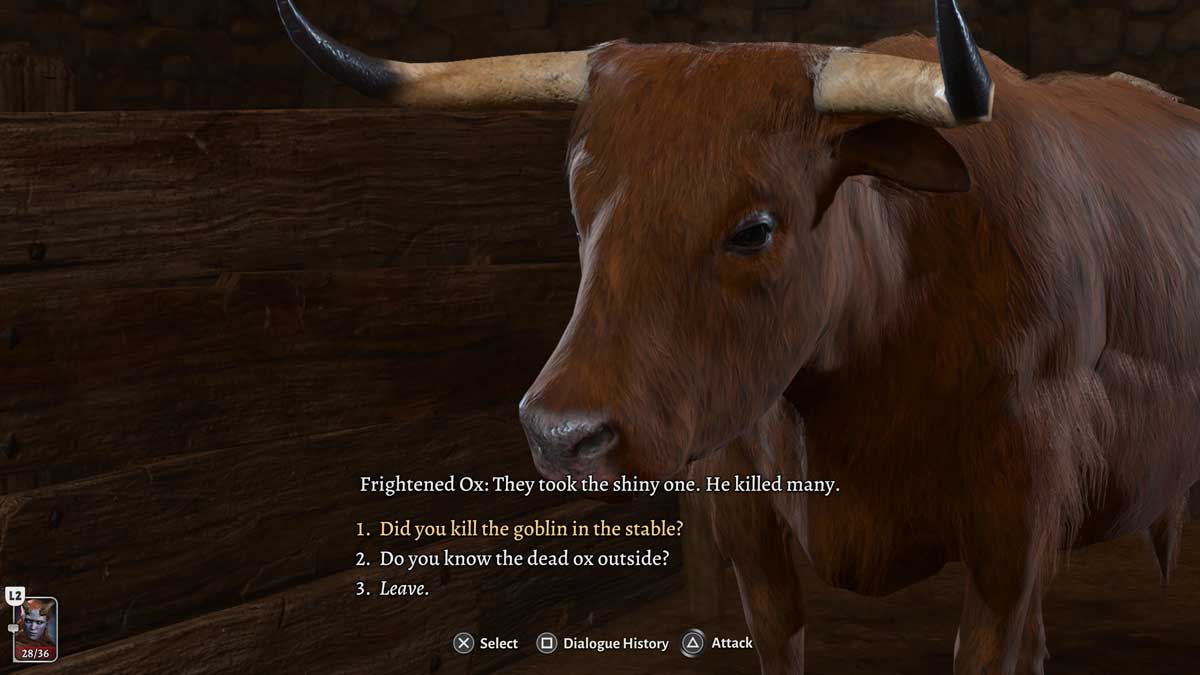
Baldur’s Gate 3 is a game that will stick with me for a very long time, and not just because of the multiple playthroughs it takes to truly experience all of its content. Despite its ambitious plotting and breadth of locations, the game boasts enough visual splendour to rival most Triple-A games I’ve played this year. Act 1 alone pulls the player through a staggering variety of environments in Faerûn, from forests teeming with foliage and boggy swamps to cosy settlements and the labyrinthian caverns of the Underdark. The titular Baldur’s Gate doesn’t make an appearance until much later on in the campaign, serving as a reminder that despite your efforts to leave no stone unturned in Act 1, a boulder awaits you still.
This game is a playable Dungeons & Dragons adventure. Larian has attempted to give players as many choices as possible in completing quests and dealing with characters. Spells, persuasion checks, combat and stealth all play a part in solving the game’s endlessly branching system of quest design, which endeavours to take all your tools into account instead of blocking them out. An early quest to kill the leaders of a Goblin camp, for example, can be solved by freeing a companion to help you out, isolating one of them so they can be killed silently through dialogue checks, or circumventing the entire situation by allying with the goblins themselves. No two playthroughs will be alike so long as you’re willing to exhaust the bevy of available options.
It’s worth taking your time to play through Baldur’s Gate 3. Treat it as a game for all seasons; something to return to throughout the year whether it be for the same campaign or a new playthrough. The game rewards players for slow and steady exploration, with companions being a great example of what can be obtained simply by investigating strange occurrences in the world. Gazing into a portal might reward you with a magic-hungry wizard, and what might appear to be a bear in a cage might very well be an invaluable ally. The companions themselves are absolutely worth having in your party - entire novels’ worth of dialogue and stellar motion capture work ensure that they feel as human and believable as possible. These characters grow and change over the course of the campaign. They can and will surprise you.
Verdict
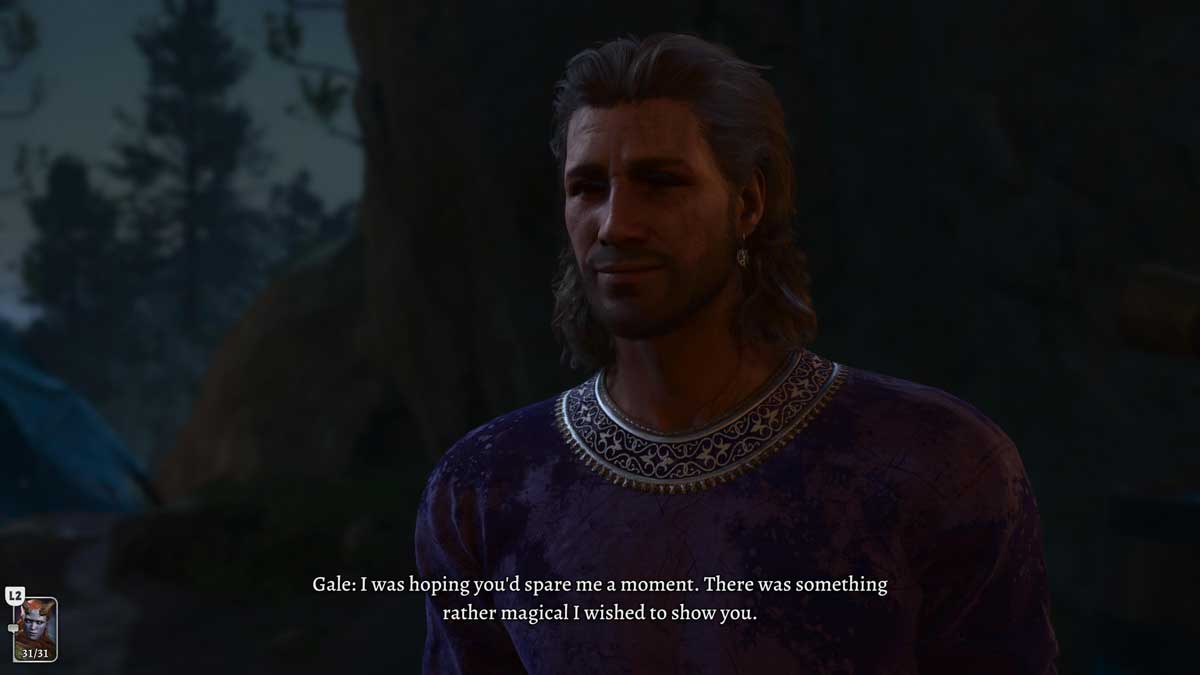
Despite a few annoying technical issues, I can wholeheartedly recommend Baldur’s Gate 3 on the PS5. This is a fantastic RPG that remains a fantastic RPG no matter the platform it’s played on, thanks to a massive campaign filled with meaningful choices, layered combat and memorable locations. The companions you meet and the decisions you make over the course of this story will stick with you for a very long time, making this a game absolutely worth playing not just for fans of the tabletop RPG it’s based on, but anyone craving hundreds of hours of rock-solid entertainment.
And don’t even get me started on the sassy vampire.

